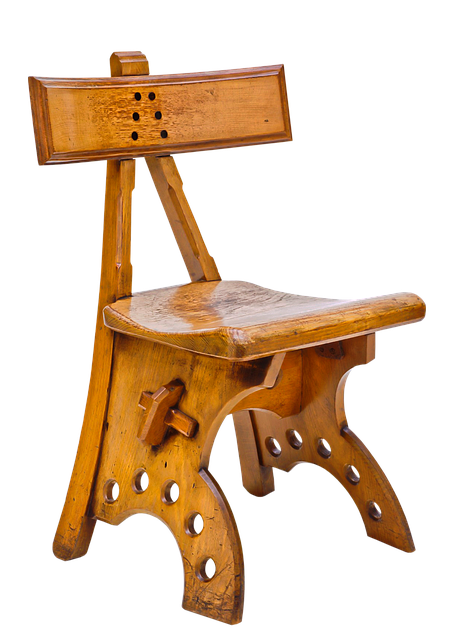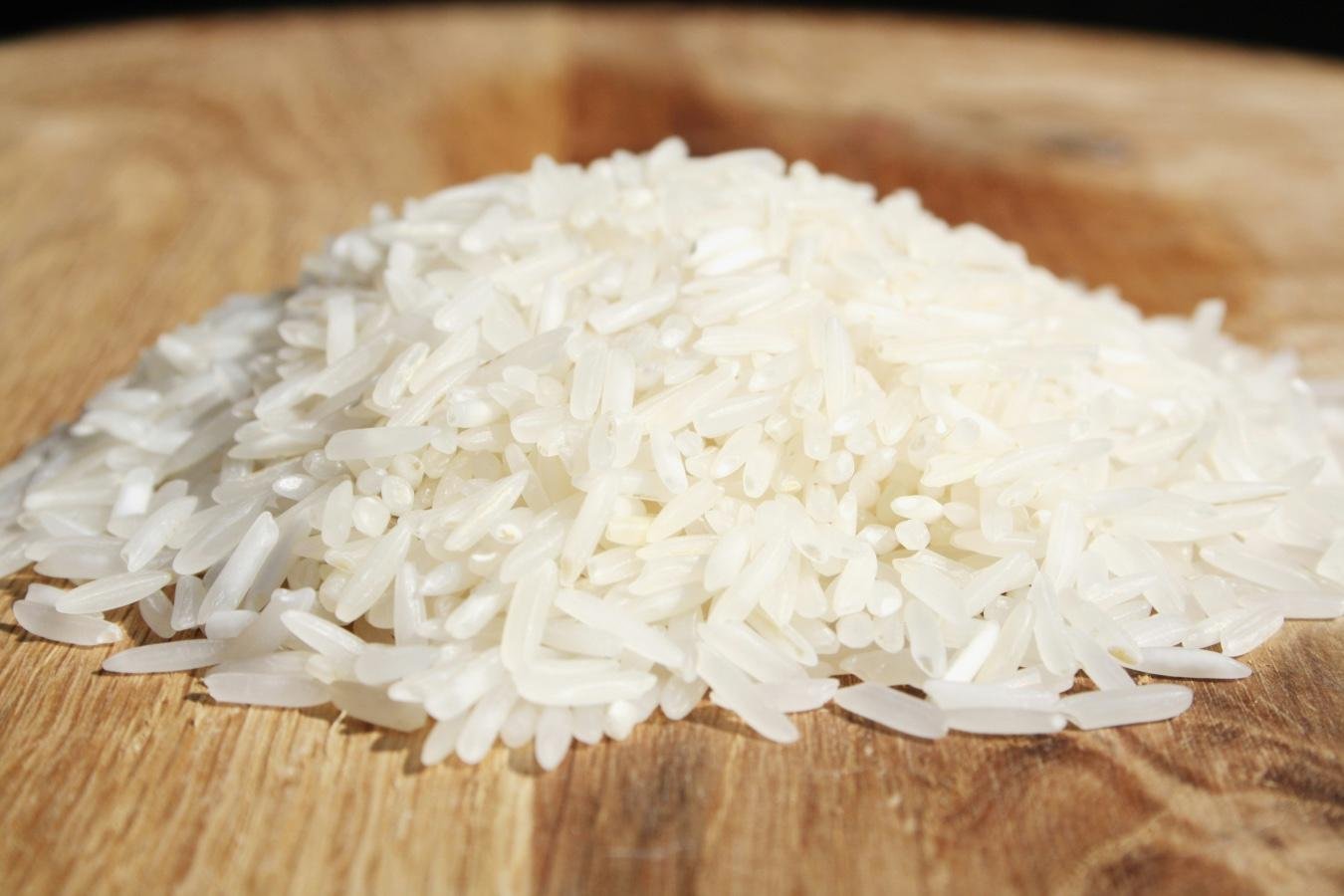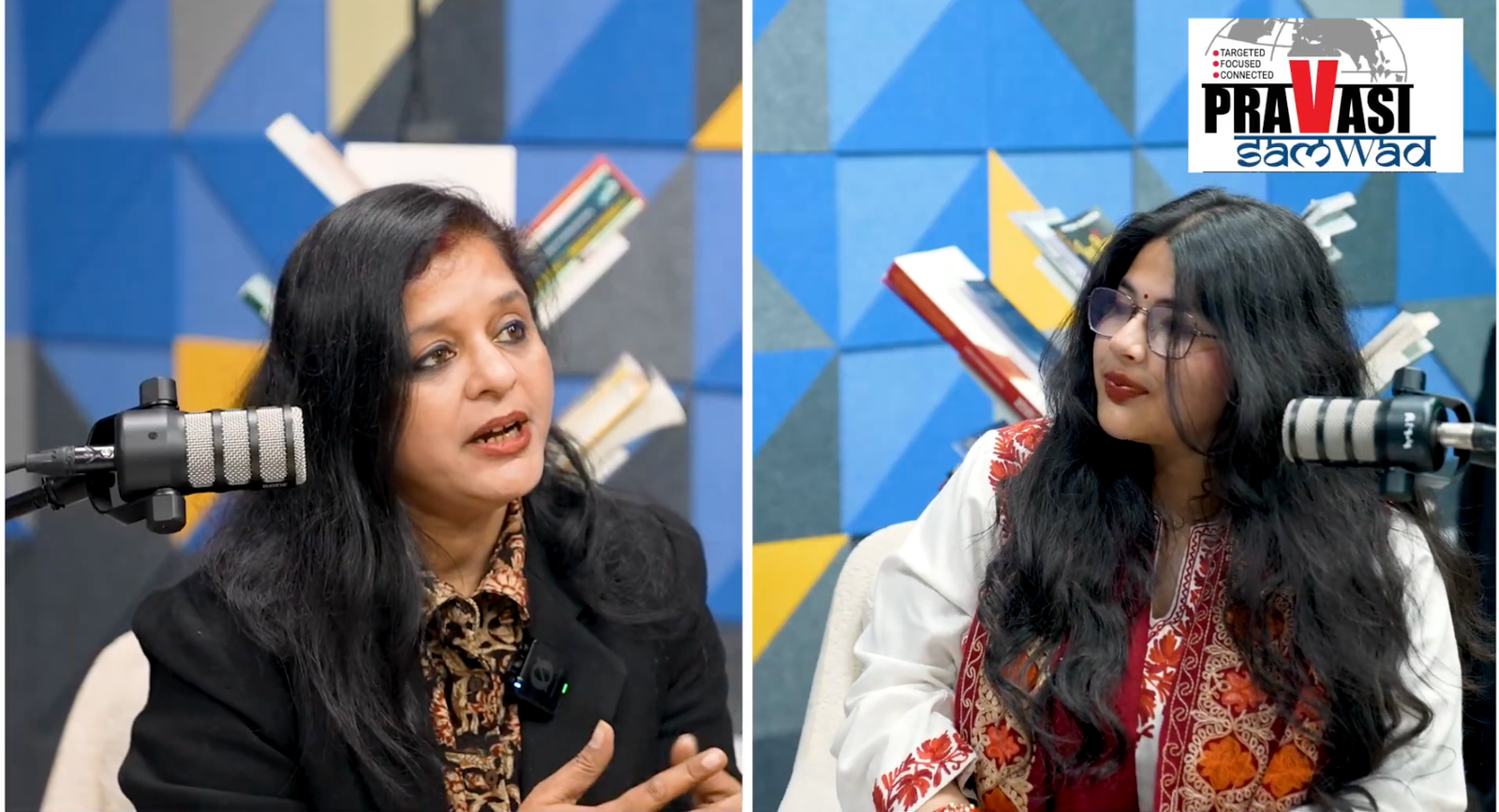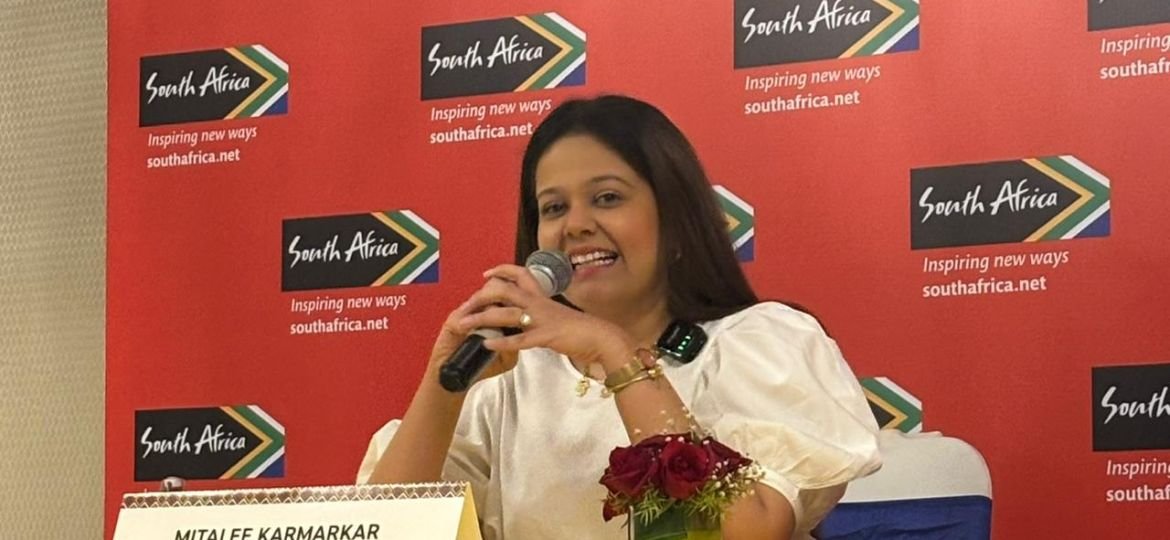 By Aksah Srivastava
By Aksah Srivastava
‘One District One Product’ programme of Uttar Pradesh got inaugurated on January 24, 2018 and proving to be a game changer for the state, for skilled as well as experienced workers
The Indian state of Uttar Pradesh sends the maximum Members of Parliament (MPs) to the Lower House of the Indian Parliament. These elected members play a crucial role in Union Government’s formation and its stability. Sounds good and big for a single State.
But the same power does not reflect in the State’s financial power. It is behind many smaller states in terms of industrialisation, employment generation, or even return on existing resources like agriculture, skilled workers in terracotta, handicraft and even agriculture.
A political science student, however, rightly interrupted not to call these workers skilled because they are trapped in technical jargon as to who is skilled and who is experienced.
“By definition, a skilled should have a certificate of knowledge, while and an experienced has knowledge of a skill without any certificate,” he tried to play with words that is very close to truth prevailing in India.
Here comes the role of the ‘One District One Product’ programme of Uttar Pradesh that got inaugurated on January 24, 2018 and proving to be a game-changer for the state, for skilled as well as experienced workers.
This project aims to promote the indigenous and specialised products, crafts of Uttar Pradesh on the lines of ‘Be vocal for Local’. The selected products under the ODOP are traditionally famous. The policy support is helping them re-establish or maybe, grow further. It will be a wonderful thing if all the districts of a state come out with one unique product of their own and the government machinery/ NGOs or even private players start helping them in looking for markets.
Take the example of Kala Namak rice from Siddharthnagar. Kala Namak rice was already prevalent, but it got ODOP support that brought Siddharthnagar district to the global stage.
The project has potential to give boost to local crafts, craftsmen, artisans and finally to the state’s economy and employment generation.
Being the largest state, Uttar Pradesh has 75 districts. Its resources are diverse, ancient culture and traditions, variety of crops, people say, every 50km the dialects changes. No doubt that the state has a unique proposition.
This project aims to promote the indigenous and specialised products, crafts of Uttar Pradesh on the lines of ‘Be vocal for Local’ The selected products under the ODOP are traditionally famous. The policy support is helping them re-establish or maybe, grow further. It will be a wonderful thing if all the districts of a state come out with one unique product and the government machinery/ NGOs or even private players start helping them in looking for markets
Of course, it is an irony that the governments after governments compromised with roots of development for the sake of petty caste and creed politics.
Now ODOP is seeming to be successful in bringing out these exclusive products. They have opportunity to be showcased, promoted and marketed and turn into a complete commercial venture.
Let’s have a list of some products at your fingertips. Home furnishings from Hapur, pottery from Khurja, ‘zari zardori’ from Rampur, Bareilly, glassware/ bangles from Firozabad, and ‘daridozi’ from many other districts.
Some better-known products are leather from Agra and Kanpur, locks from Aligarh, sports goods from Meerut, chikan (a kind of cotton clothes) from Lucknow, carpets from Mirzapur, metal craft from Moradabad and so on.
They are all district-specific products, which are being sold but can have bigger markets even in existing production capacities. It has been apparent that many small scale units have lost their values in the race of commercialisation and giving right to produce everything to big industrial players.
My sympathy goes to the ironsmiths and earthen pottery makers who lost their semi-skilled own professions because big houses started making hoes (kudali), trowel (khurpi), and earthen pots, which are not only consumed in India but exported.
The question is, why our artisans should not have been trained? Again, the ODOP possibly has some possibility.
The quality of our workers is so high that their products can be marketed pan India or even internationally. However, some concerted efforts and training are needed for both the parties – the artisans and the system — to come out.
The lesser-known district products go into oblivion due to lack of infrastructure and government support and these districts and its people have to face economic imbalances, what can be a better example than the Covid-19 pandemic.
“The ODOP identified unique products of the districts, supported the local producers, and craftsmen with new skills, technology, production systems, packaging and branding to upgrade the quality and make it internationally acceptable.

The State Government is also helping the local producers, craftsmen with financial packages i.e. SME/ MSME loans, marketing techniques, facilitating them to showcase products at exhibitions, fairs through government platforms for more reachability, exposure, salability, hence increasing the revenues.
If implemented properly, the ODOP scheme would certainly positively impact the community directly or indirectly. By going through the above, the following are its primary objectives:
- Preservation and development of the local art and craft forms, specific products, crops and sell them at national and international stages by showcasing them at exhibitions, fairs, seminars, and trade meets, hence giving them a more extensive public exposure.
- Enrich local artisans, craftsmen, farmers, small industries with training on skill development, new technology, product packaging, branding etc.
- With all this, there will be an increase in income, the economic condition of local artisans, producers affecting growth and equality at local and regional stages.
The ODOP prima facie looks positive and impactful. It all depends, how it is expedited and monitored. Time should tell that it was the right step taken in the right direction.











